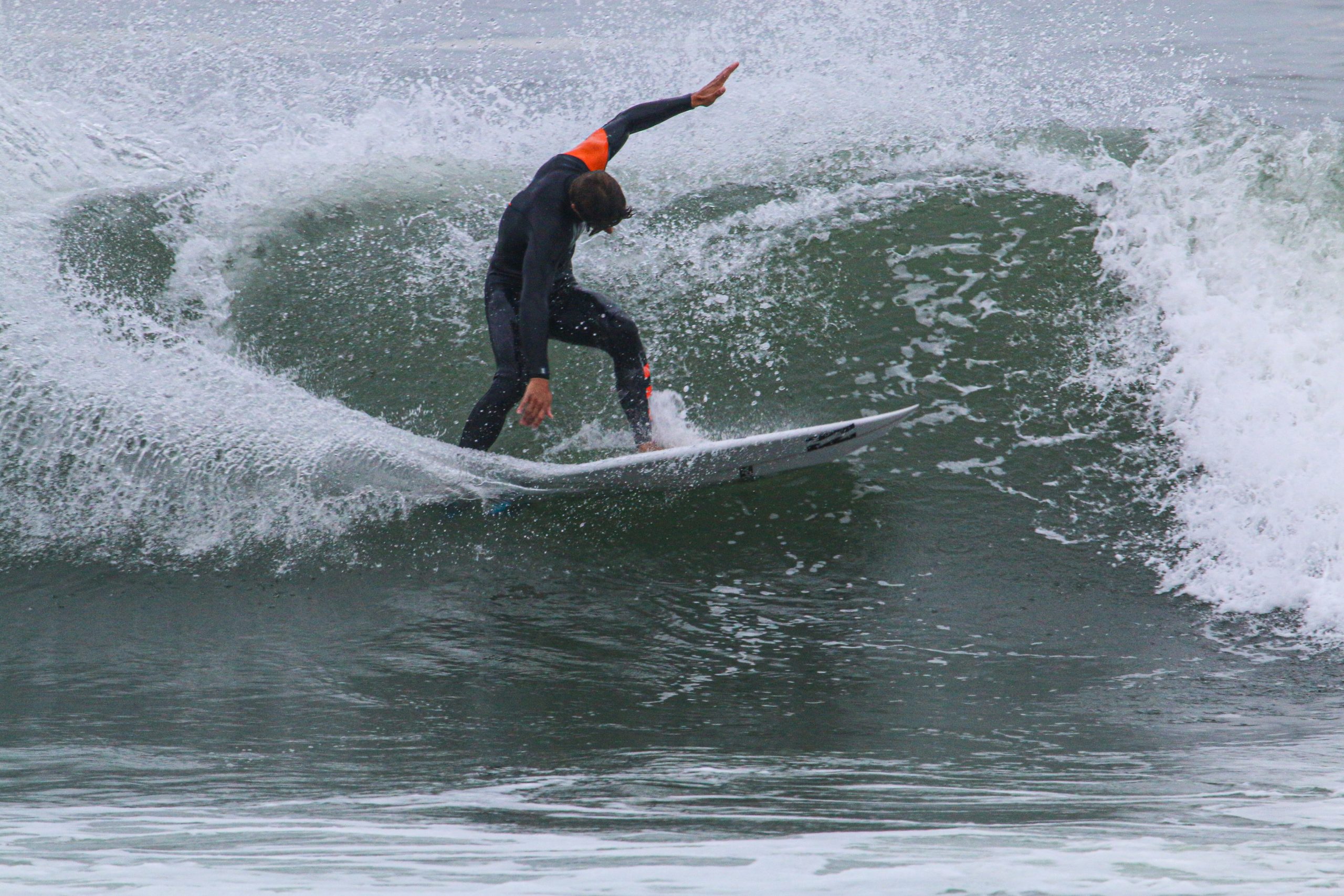blog
They say the toughest experiences are also the richest sources of learning. As 2020 closes, I look back indeed on the richest and most intense year of learning I can remember, much of it unintentional and incidental, some intentional and structured through CPD that I have sought out.
The unstructured learning has been as powerful as the structured learning, in a year which has brought us all a global pandemic for which the medical world was unprepared, climate disasters, Black Lives Matter, the UK’s definitive withdrawal from the EU, and a new US president. For me, the year has brought the co-founding of Coaching through COVID , with its distinctive philosophy of both team and coaching.
The unimaginable became reality
If ever there was a year in which our assumptions about what was and wasn’t possible, this was it. This time last year we could never have dreamed of the imminent, constant and long-standing threat to our health, and how fragile that health would seem. It now feels to me that we were complacent about what individuals and individual nations can control, about the power of nature, about the real power of systemic connection and interconnection, about what globalisation truly means, and about how economies can function (although not necessarily flourish) with deserted offices and town centres, and with enforced flexibility and adaptability.
Science fiction features stories of global pandemics, which until a year ago were exactly that: fiction. Who could have imagined that the entire world would be assailed by the same pandemic at the same time? At the cusp of this New Year three new vaccines to protect us from COVID have come within reach. Who could have imagined that the year would bring not only a lethal virus but also three vaccines? As horrific and startling as the virus has been, the responses to it, and the vaccines in particular, have made the seemingly impossible possible. What other massive advances in health will we see before the end of 2021?
Existential issues, such as societally-embedded recognition of, and respect for, people of colour, who for so long have been struggling to gain full recognition, respect and equal treatment, have been unexpectedly (and hopefully) propelled along that path by Black Lives Matter. While the job of countering inherent discrimination is far from finished, people of colour may now have a new profile – and others may have too: people who are disabled mentally or physically, people who suffer gender discrimination, religious minorities such as Muslims and Jews, ethnic minorities such as Uighurs.
A US President who has used dishonesty, power, relationships, self-interest and the US political system in ways which mean that he now faces personal criminal liability, has created outcomes that most people could have never anticipated or imagined could be possible. Much of this (other than facing criminal liability) can also be used to describe the UK Prime Minister.
Learning from the apparently impossible
What have I learnt? After this year, when the hidden has erupted into the obvious in the most striking of ways, and when some of what we previously took for granted has been completely overturned, it is beyond any doubt that all of us need to beware of claiming that this or that is impossible.
My second big learning is that whereas hitherto (or at least until the Brexit vote) I have been cautious about expressing publicly what may have been construed as political, it is clear to me that such issues are much broader than the political: they are social, human and systemic, and relate to fundamental values such as humanity, integrity, appropriate responsibility and change. To that extent I now believe they do come within my sphere of responsibility as a coach.
And I have learnt that there is always opportunity, hope and possibility.
A team ethos impacts a corner of the NHS
For me personally, this year has been hugely impacted by the privilege of co-founding Coaching through COVID. This programme of pro bono coaching mobilises high-quality coaching for those in the UK NHS and the care sector who have been impacted directly by COVID: to date 260 coaches have provided coaching to well over 400 individuals, whose feedback has demonstrated that, in the face of the pressures, stress, and anxiety that COVID has presented them with, Coaching through COVID has enabled them to resource themselves in ways they had never known how to, and in many cases to change or transform. These are extraordinary results. This has been enabled by an approach to coaching which prioritises presence – a ‘being with’ in order to resource – over coaching objectives.
Growing from the seed of an idea by Mark McMordie, and inspired by his philosophy – shared by all four co-founders – of compassion, presence, psychological safety, collective intelligence, agility and being of service – our team of 12 has not only brought passion and dedication to the programme, but means for me the most nourishing, safe, innovative and energising team that I have ever been part of.
While it has been very demanding, particularly as we set up from a standing start, it has also been immensely rewarding to both work with these colleagues and to know we are making a difference that matters. It has shown me clearly more about what I realise my purpose is, and which has been reflected in two or three previous situations in my career (namely, to enable those people to express their true voices who are giving hugely of themselves in contexts where that giving isn’t reciprocated in the way they need if they are to maintain their health and wellbeing).
I have realised too that what may look to the outside world like my generosity, benevolence or courage is in fact simply passion for what feels existentially important. This realisation has changed what I bring to my clients outside Coaching through COVID.
Health and wellbeing
This year has forced knowledge workers back to their spare bedrooms and their kitchen tables, in order to deliver on even more demanding work agendas as they have detached physically from their colleagues. It has shown in stark relief the extent to which health and wellbeing fall squarely into the manager’s and the leader’s responsibilities. During the lockdowns, some of those other than knowledge workers who need to be physically on site in some way in order to deliver on their job agendas have faced additional pressures in terms of the instability and uncertainty of their livelihoods and their futures, while others – such as health and care workers, teachers and bus drivers – have faced the reality that by doing their jobs they have exposed themselves to potentially lethal health threats.
There has been a general realisation (although, sadly, not a realisation yet integrated in all corners of the working world) that in order to maintain their mental and physical health, individuals need explicit, careful and focused support from those who lead them if they are to work effectively from home, and if they are to deliver what they are required to. This reality is proving even more of a challenge than previously for leaders and managers who have believed that delivery of the task is their only responsibility: it has become starkly clear that they need to learn much more about how to engage, enable, motivate and empathise with their people as human beings as a priority over the task. Treating team members as humans needs to be explicit and focused. Only by prioritising in this way can the task be effectively delivered. It’s learning that some are reluctant to engage in.
And my learning has been that rather than health and wellbeing being integrated – but perhaps not so obvious – in the practice of my coaching, while always hugely important, has moved to become front and centre.
Photo by Surfing Croyde Bay on Unsplash
2020: a year of learning
They say the toughest experiences are also the richest sources of learning. As 2020 closes, I look back indeed on the richest and most intense year of learning I can remember. As the hidden has erupted into the obvious in the most striking of ways, and when some of what we previously took for granted has been completely overturned, it is beyond any doubt that all of us need to beware of claiming that this or that is impossible. Being a co-founder of Coaching through COVID has meant for me the most nourishing, safe, innovative and energising team that I have ever been part of - and we have achieved extraordinary results. And working from home has shown in stark relief the extent to which health and wellbeing fall squarely into the manager’s and the leader’s responsibilities.
Read more »Psychological PPE: offer of free support
Free support - psychological PPE coaching - is available at Coaching through COVID for key workers impacted by COVID
Read more »The washing machine and the laundry: new perspectives on leadership
If we ever wondered what it would be like to be inside the drum of a washing machine, turned upside down, and over and over, multiple times, spun, and tangled in ways we’ve never before experienced, the last 10 months, since the COVID-19 pandemic hit the UK (and the world), might give us a hint as to what it might feel like. The turbulence created by the new order will mean that there are new lenses through which leaders will need to look as they sort their parameters, their strategies and their tactics: wellbeing jumps up the agenda, communication becomes a priority, relationships and connections become critical, sustainability receives more attention, and processes now require careful thinking through.
Read more »The deafening sound of silence
Silence can denote a holding back from what needs to be pointed out or challenged, a reluctance to speak about one’s own or others’ mental health challenges, or not enquiring into experience of racial difference, which can put at risk respectful connection in a relationship – and at its worst, can create a gulf. In some circumstances silence has a cost which is greater than the benefit. The danger of silence, when people don’t use their voices to admit mistakes, question the status quo, ask questions or offer ideas, is that the thinking power of a team is diminished. When people’s mental health is in play they may continue in silence, unsupported, while their condition deteriorates, corroding their wellbeing. When we fail to enter into conversation about, or to explicitly recognise racial difference, we fail to recognise, respect and acknowledge the individual. A climate of psychological safety enables inappropriate silence to be transformed into the release of rich and fertile thinking.
Read more »Psychological safety: the secret weapon of effective teamwork
Amy Edmondson, Novartis Professor of Leadership and Management at Harvard Business School, has been researching psychological safety for 20 years, and defines it as is a shared belief that you will not be punished, ignored or humiliated for speaking up with ideas, questions, concerns or mistakes. Because in a climate of psychological safety, people feel free to put forward new, and even seemingly crazy, ideas, because they feel free to point out errors and risks to each other (including their seniors) and because they feel free to ask for help and surface failure, rates of creativity and innovation rise significantly. So too do trust, collaboration, engagement and discretionary effort, which link with another benefit: inclusion and the authentic embrace of diversity. I’m accredited as a Licenced Psychological Safety Guardian, which allows me to administer and debrief the Psychological Safety Index, based on Amy Edmondson’s work.
Read more »Building resilience to face the challenge of uncertainty
Uncertainty has always been a constant in organisational life, but COVID adds something new to the mix. The effects of uncertainty on individual members of the workforce include anxiety, and concomitant weariness, which seem to be an undercurrent in society at large. Many organisations have found that they’re slowed down by the inevitable precautions they need to take, and that they’ve lost some of their previous robustness, responsiveness and pace. They need more resilience – and nurturing it is one of the most important contributions a leader can make to equipping his or her team to negotiate a successful journey through uncertainty. This blog outlines some of the main contributors to resilience that leaders can usefully focus on.
Read more »Leading in complexity and uncertainty
Rather than it being the leader’s role to know all the answers, it’s their role to recognise that uncertainty and complexity demand a new approach to leadership: an approach which means the leader can enable themselves and others to ask questions, to look at things from multiple fresh perspectives, to create an environment which is psychologically safe and compassionate enough for those around them to experiment, learn, experiment again, and to move with curiosity towards some answers and new questions.
Read more »Self-care for the leader
I've been working with two leaders who are preoccupied with doing a very high-quality job at a time of significant external pressure and uncertainty – and both are experiencing extremes of stress, approaching burnout. Both are explicit that their performance is at about half the level of what they're used to delivering. Neither of them has been putting in place any boundaries or limits on what they’re asking of themselves, and both are struggling. They’re both trying to do the same job and deliver the same quality as pre-COVID, but in radically different circumstances – and it’s an impossible task. While there's no silver bullet resolution, there are options for changing approach. ‘Normal’ isn’t what it was - and we all need therefore to prioritise our self-care and have the courage to look through new lenses and do something different with what we see.
Read more »Isolation, connection and leadership in COVID-19
The isolation that has been a feature of life worldwide ever since the known beginning of COVID-19 in Wuhan is fundamentally at odds with the fact that human beings need to connect with each other in order to survive and to maintain our mental health. Dr Stephen Porges' polyvagal theory tells us that we can create ways of helping ensure that colleagues feel connected. He recommends particular awareness that a lot of modulation in a voice – rather than monotone delivery – along with a friendly face, and open body language, maintain calm and nurture engagement. Similarly, smiling conveys cues of safety and empathy because it involves movement in the muscles round the eyes which, in a smile, convey the message ‘I’m happy to be with you’ – and a sense of safety encourages both engagement and learning.
Read more »Coaching through COVID
Coaching through COVID is a pro bono coaching programme which offers a listening ear by psychologically-minded coaches to any NHS or care worker during and beyond COVID-19
Read more »











